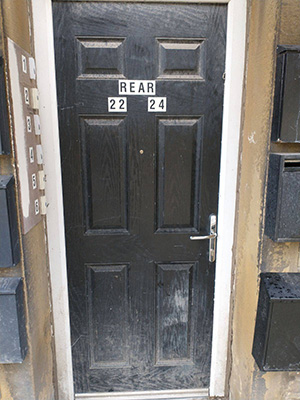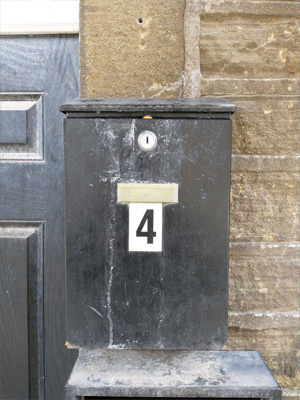This year marks the 70th anniversary of the 1951 Refugee Convention; with the 1967 Protocol, the Convention continues to be the bedrock of the international refugee system. The core principle of the Convention is non-refoulement, meaning that a refugee should not be returned to a country that is unsafe for them. This may change if the UK government’s proposed new Plan for Immigration goes through Parliament.
The Plan includes proposals to explore the possibility of moving asylum claims processing offshore. The UK government has had conversations with the Danish government, who is also exploring the possibility of externalising its asylum process. This externalisation could see affluent European countries paying poorer countries in the Global South for handling their asylum claims, hence undermining international solidarity.
Compared to other European countries neither the UK nor Denmark has seen high numbers of asylum applications either in absolute terms or relative to their population size, yet in both countries, national governments are keen to further reduce numbers and be seen to be ‘tough’ on refugees. Denmark recently became the first European country to revoke residence for 200 Syrian refugees; the European Commission has expressed concerns. Likewise, the UN’s refugee agency, the UNHCR, has expressed deep concerns about the UK’s proposals, which, it says ‘risk breaching international legal commitments, undermining global refugee cooperation’.
This volatile and hostile policy environment forms the background to our ongoing research on practices and understandings of migrant deservingness and solidarities across Denmark, Sweden, and the UK, in which we take a bottom-up approach that centralises the voices and experiences of migrants, asylum seekers, and refugees.
Asylum dispersal in the UK
In the UK, as in other European countries, asylum seekers are subject to dispersal on a no-choice basis, mostly to areas of cheap housing, and often with limited job opportunities and poor transport links. The system was fully privatised in 2012 and has been under strain for years, with disrepair issues being especially acute.
Centralising lived experience: A collaborative research process
What issues do people in the asylum system see as important to them with regards to housing? In the past few months, I have been exploring this question with my colleague Eve Dickson, as we work on the first UK case-study of the Migrants and Solidarities project. We take a qualitative, ethnographic approach to the research and work in two fieldwork sites in Yorkshire and the Humber, one of the areas in which dispersed asylum seekers are housed. We are working with local organisations that provide services for people in the asylum system in their area. Our approach to collaborative research is inspired by calls to decolonize ethnography and from insights gained from our project colleague Rachel Rosen based on her participatory research in Children Caring on the Move.
Waiting and labelling
What have we found in our research?
One issue that co-researchers have brought to the research has been their experiences of waiting and being kept waiting. In response to a prompt from us to think of an object or a space connected to asylum accommodation, Rudolph sent two images and the following text:
The door and the mailbox

This is my door and my mailbox.
I have chosen [it] because the door is the first thing you see when MEARS [one of the companies contracted by the Home Office to provide asylum accommodation] gives you your accommodation. And it’s the door you see everyday, it’s the first thing about your accommodation you saw when you arrived.

Mailbox
The mailbox is very symbolic for all of us asylum seekers. I [am] almost certain that all of us get nervous when [we] check it. We are waiting [for] important letters from [the] Home Office: the date of our interview, the response of the interview, letters from our solicitors. I think it’s very significant. The most serious news related to our cases arrive by post, in our mailboxes.’
This contribution prompted discussion with our co-researchers of waiting and shared anxieties about receiving mail. One co-researcher told us they have a friend who spends most of their day sleeping, and only wakes up to check their mailbox. Thus, rather than providing opportunities to rebuild lives, the uncertainty of the asylum system means that asylum seekers’ lives are lived in suspension. This resonates with other research, which has shown waiting as an integral part of asylum policy.
Another issue is the pernicious impact of categories and labelling, as Anders Neergaard has also discussed in an earlier blogpost. As our co-researcher Talia, put it in an audio clip that they recorded in response to anti-asylum and anti-migrant material circulating online: ‘I may be a refugee, I may be an asylum [seeker], I may be a migrant, but I need you, we need you, and I believe, we all need each other. … Take a moment and think about it. Yes, I am an asylum seeker. We are asylum seekers. We are refugees. We are migrants. But, we are also human, just like you.’
It is vitally important that these voices and experiences, and asylum seekers’ claims to dignity and humanity, are heard and taken into account in policy-making.
The research for this blog received support from the UCL Grand Challenges. This post is also published on UCL Europe blog.

